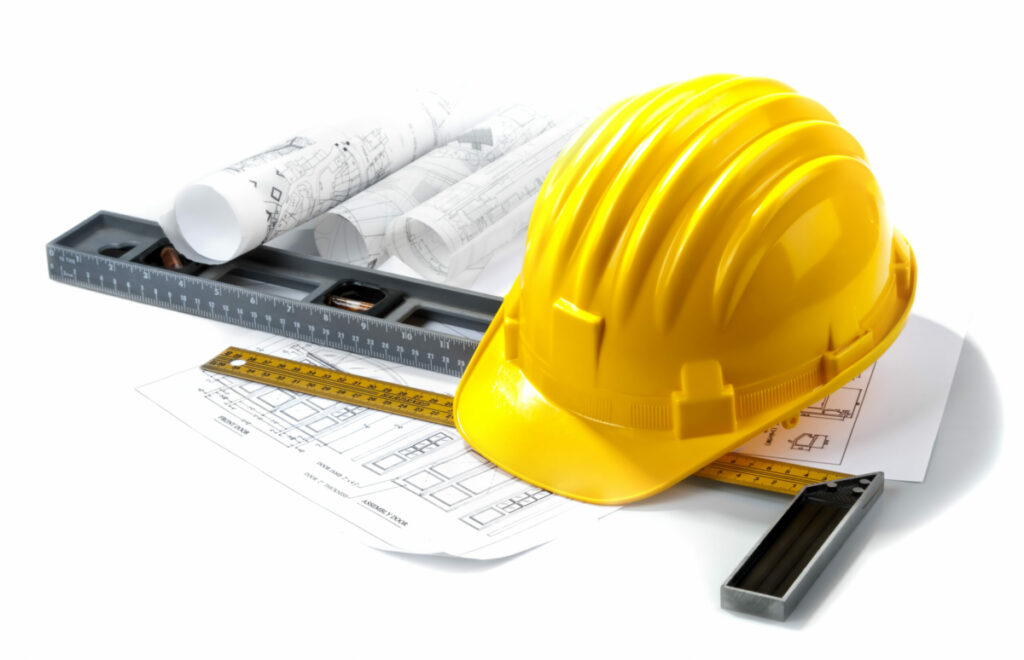- A successful home construction business requires certifications to validate proficiency and ensure regulatory compliance.
- Securing the right resources, including labor, suppliers, and equipment, is critical to operational efficiency.
- Dependable suppliers ensure access to high-quality materials, timely deliveries, and potential discounts.
- Proper preparation can lead to a profitable home construction business delivering high-quality homes to clients.
The home improvement industry plays a pivotal role in maintaining and enhancing the value and comfort of homes. According to Harvard’s Joint Center for Housing Studies, spending on home improvement and repairs in the US amounted to nearly $425 billion. This growth reflects homeowners’ importance in maintaining, improving, and adapting their homes to changing needs and preferences. The rising trend in home improvement spending is expected to continue, with homeowners viewing these investments as a means to increase property value, enhance living comfort, and, in some cases, accommodate remote work arrangements.
However, starting a home construction business is not as seamless as you may think; specific considerations should be taken into account before embarking on the journey. Here are a few of them:
Secure the Essential Certifications and Resources

The most crucial step in launching a successful home construction business is obtaining the necessary certifications, licenses, and insurance. Becoming familiar with your local building codes and regulations is essential before taking on any projects. Depending on the work you will be doing, you may also have to obtain specialized training or certification from relevant trade organizations.
Here are a few things to consider when tackling that area:
Legitimacy and Professionalism
Securing the necessary certifications for your home construction business is a critical aspect that underscores your company’s legitimacy and professionalism. Licenses, such as general or residential building contractor’s licenses, validate your proficiency and adherence to industry standards, enhancing your credibility among clients.
Compliance with Regulations
Certifications ensure your business complies with local, state, and federal regulations concerning home construction. For instance, adhering to Occupational Safety and Health Administration (OSHA) regulations is mandatory for businesses in the construction industry to ensure safe and healthy working conditions.
Access to Necessary Resources
Having the right resources is pivotal to successfully operating your home construction business. These resources include skilled labor, reliable suppliers for materials, and essential construction equipment. For instance, procuring high-quality raw materials guarantees the durability of the homes you build, while well-trained employees ensure efficient and quality work.
Competitive Advantage
Lastly, certifications and resources can provide a competitive advantage in the saturated home construction market. Contractors who are certified Green Builders, for example, appeal to an increasingly eco-conscious client base. Meanwhile, leveraging cutting-edge construction technology can expedite project timelines, delivering a superior service that distinguishes you from competitors.
Get the Necessary Equipment

Securing the necessary equipment is fundamental to the successful operation of a home construction business. The right tools and machinery ensure efficiency and work quality, contributing to project execution within the stipulated timeline and budget.
Safety hoists and winches, for instance, are essential for construction projects. They facilitate the lifting and moving heavy materials, reducing workforce requirements and increasing work safety. Hoists are integral in high-rise construction to transport materials to significant heights, while winches assist in pulling heavy loads across distances on the ground.
Additionally, power tools like drills, saws, and sanders are essential for internal finishing work like installing drywall or cabinetry. Larger equipment, such as bulldozers and excavators, are vital for site preparation, including leveling the ground and digging foundations.
Construction equipment also extends to safety gear, such as hard hats, safety boots, and harnesses, which are indispensable for maintaining a safe work environment.
Find the Right Suppliers
Identifying reliable suppliers is critical to running a successful home construction business. Suppliers provide the raw materials and tools necessary for construction, from foundational materials like concrete and steel to finishing touches like cabinetry and fixtures.
Strong relationships with suppliers can ensure consistent access to high-quality materials, thereby enhancing the quality and durability of the homes you construct. Moreover, reputable suppliers often provide warranties and support services that can safeguard your business against unexpected challenges or material defects.
Punctuality is vital when selecting suppliers, as timely deliveries ensure that your construction schedule remains intact and project deadlines are met. In the construction industry, delays can lead to considerable financial losses and damage your company’s reputation.
Lastly, negotiating beneficial terms with suppliers, such as bulk purchase discounts, can significantly reduce your construction costs, thus increasing the profitability of your business. Therefore, investing time and effort into finding and working with suitable suppliers can substantially contribute to the success of your home construction business.
Final Thoughts
Starting a home construction business can be rewarding for entrepreneurs with the necessary resources and knowledge. It is essential to obtain the relevant certifications, acquire the right equipment, and find reliable suppliers to ensure success. With proper preparation and dedication, you can be well on your way to building profitable businesses that deliver high-quality homes to clients.
